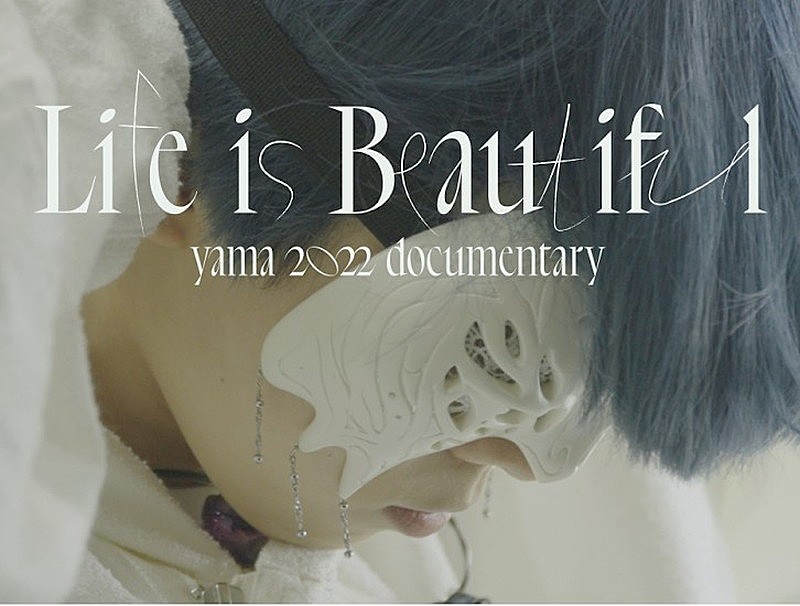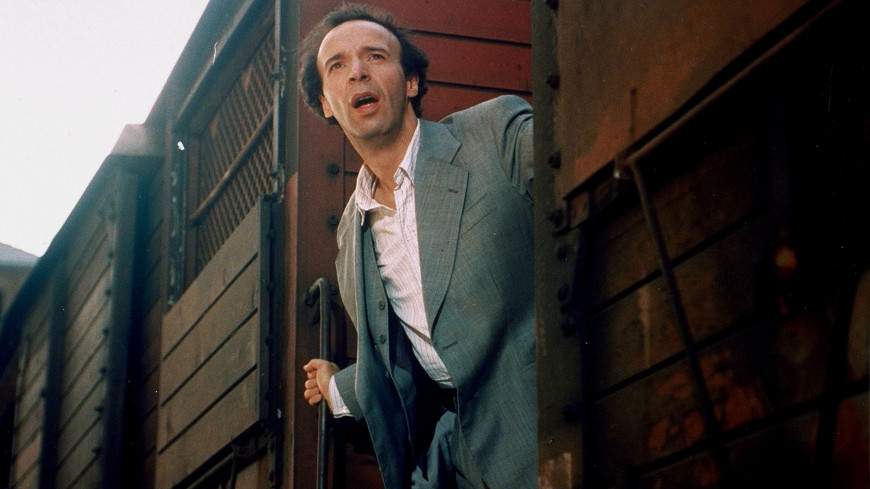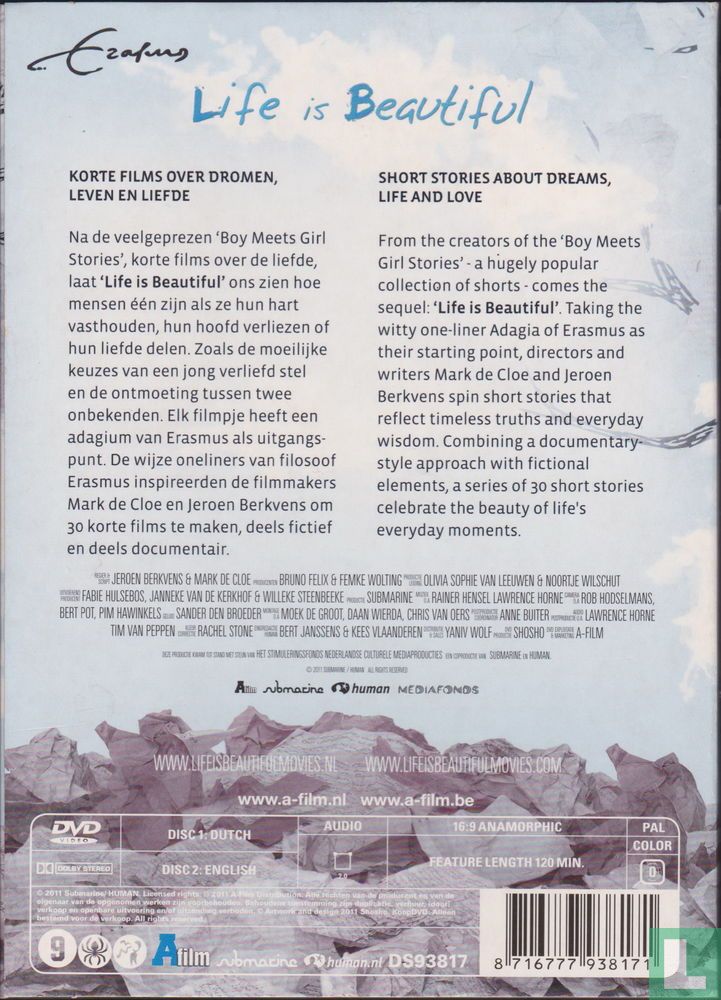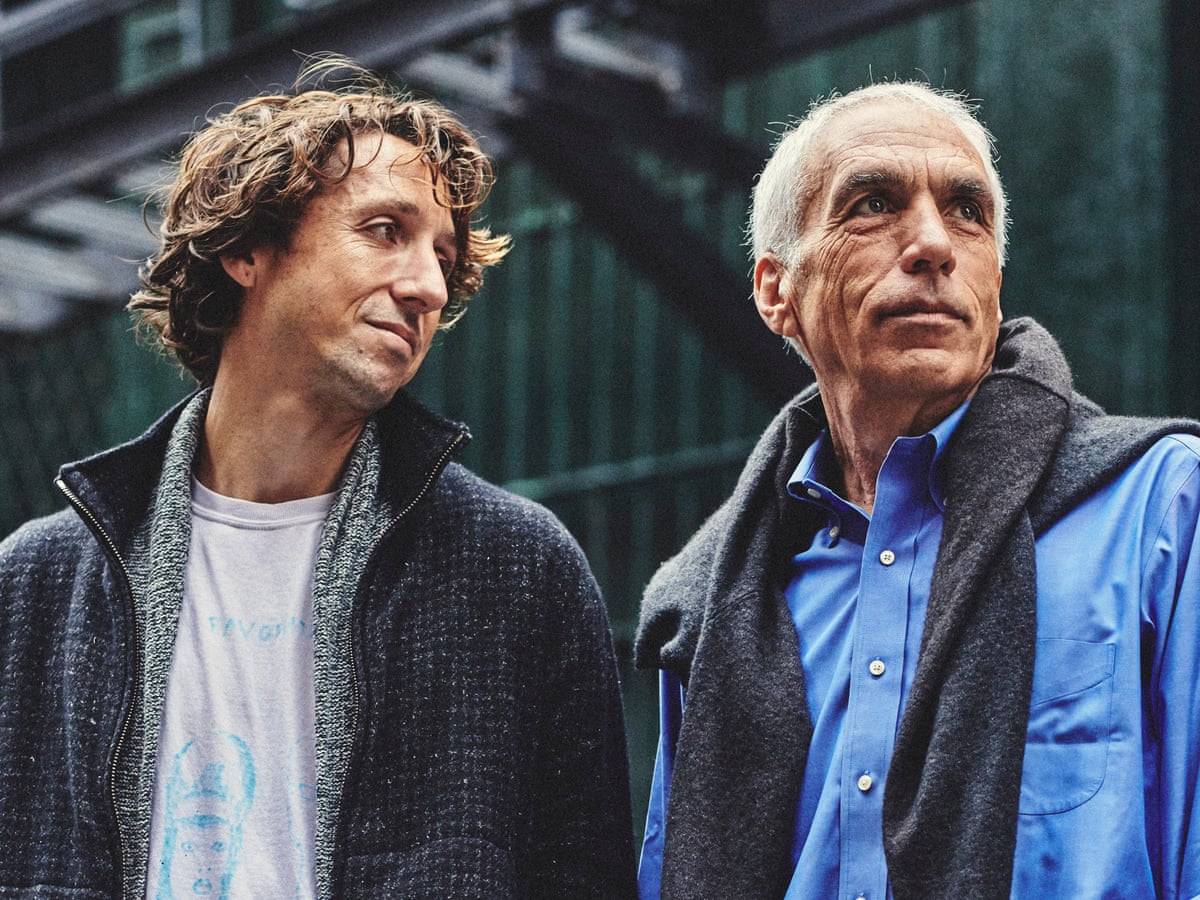Life is Beautiful is a 1997 Italian comedy-drama film directed by and starring Roberto Benigni. The film tells the story of Guido, a Jewish-Italian bookshop owner, who uses his wit and humor to protect his young son, Giosue, from the harsh realities of life in a Nazi concentration camp during World War II.
One of the most notable aspects of Life is Beautiful is its unique approach to such a dark and tragic period of history. Rather than portraying the Holocaust in a grim and somber manner, Benigni's film takes a more uplifting and hopeful approach. Through the use of humor and imagination, Guido is able to create a sense of normalcy and joy for Giosue, even in the midst of the horrors of war.
Despite the film's lighthearted tone, it still manages to convey the gravity of the situation and the devastating impact of the Holocaust on the lives of Jews and other minority groups. The film's depiction of the concentration camp is accurate and haunting, and the audience is able to feel the fear and desperation of the prisoners.
In addition to its historical and emotional significance, Life is Beautiful also serves as a tribute to the power of the human spirit and the ability to find joy and beauty in even the darkest of circumstances. Guido's determination to protect and provide for his son is a testament to the strength of familial love, and his willingness to use his wit and humor to bring a sense of hope and happiness to those around him is truly inspiring.
Overall, Life is Beautiful is a powerful and moving film that manages to convey the horrors of war and the Holocaust in a unique and uplifting way. Its message of hope and resilience in the face of adversity is timeless and universal, and its impact on audiences around the world has been undeniable.








